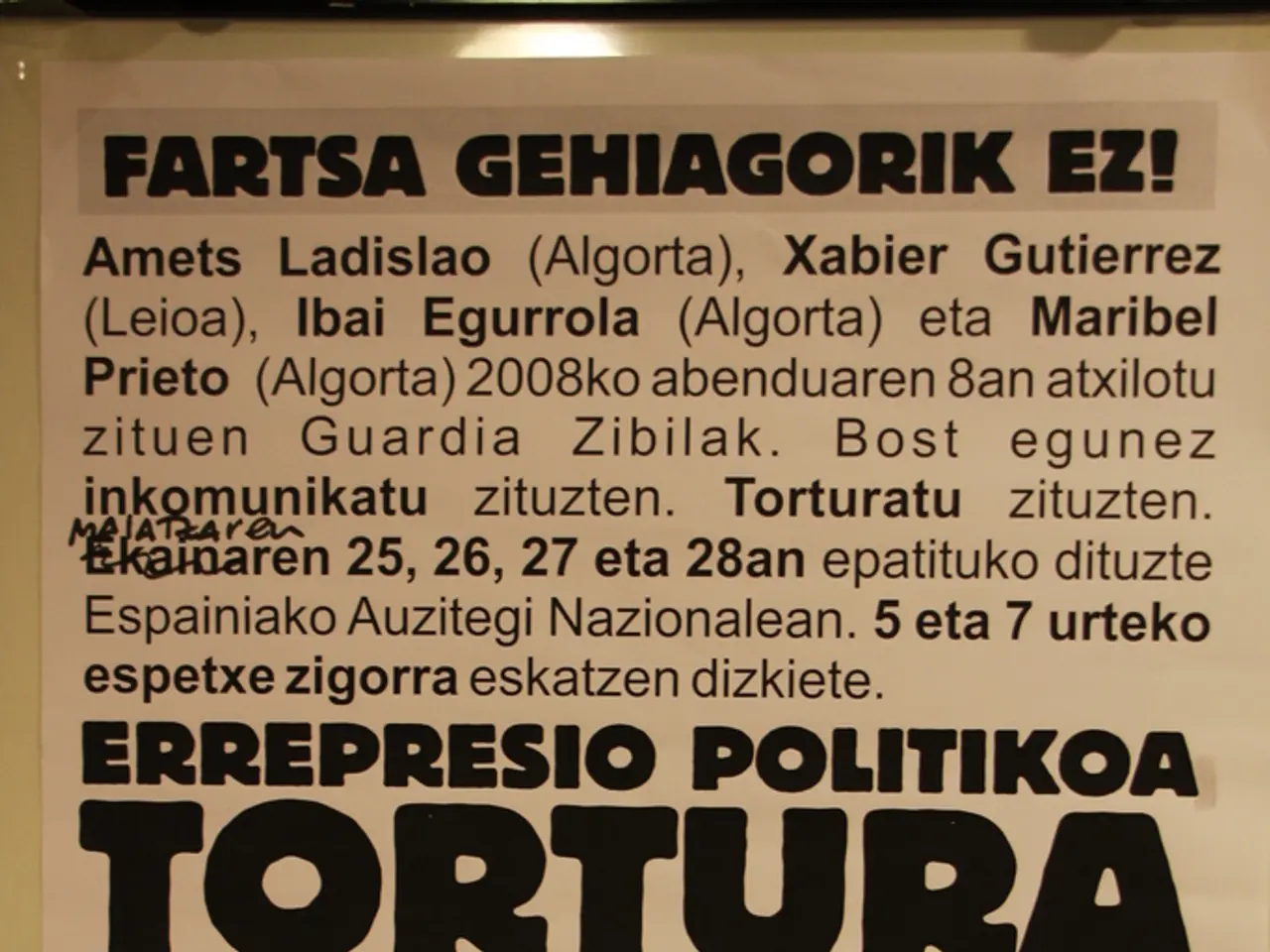"Increased ETIAS fee criticized as 'disproportionate' and 'unwarranted' by European travel sector, pushing for EU reconsideration"
The European travel and tourism sector is facing ongoing challenges, with high inflation, geopolitical instability, and soaring operational costs taking a toll. Amidst these difficulties, the proposed increase in the ETIAS fee from €7 to €20 has sparked controversy.
The European Commission justifies this increase as necessary to cover higher operational expenses, including ongoing maintenance, new technical features, and staffing costs. The aim is also to align the system’s pricing with other international travel authorization schemes like the US ESTA or UK ETA. However, the travel sector strongly criticizes this increase as disproportionate, insufficiently justified, and lacking transparency.
Industry bodies argue that no public impact assessment or detailed cost breakdown has been provided to substantiate why the fee nearly triples, despite the original €7 fee being agreed in 2018 after consultations. They also highlight that alternatives such as fees of €10 or €12 were apparently not adequately considered.
The industry's primary concern revolves around the impact on Europe’s travel competitiveness. The significant fee increase could deter tourists, especially families and frequent travellers, by adding to the cumulative travel costs alongside rising overnight taxes and inflation. This could reduce short-stay travel demand and inbound tourism flows, harming Europe's attractiveness as a destination compared to other global alternatives where travel authorisation fees are lower or waived.
Patrick Diemer, chair of BT4Europe, stated that the ETIAS fee increase poses another cost and administrative burden on travellers, with little noticeable benefit to the user experience. Travel industry leaders, including ECTAA, European Tourism Association, and Airlines for Europe (A4E), have also criticized the fee increase, arguing that it is disproportionate and a threat to the continent's travel competitiveness.
The ETIAS scheme, which will require visa-exempt non-EU travellers from certain countries to get an online authorisation before travelling to the EU, is expected to start operating late next year. The scheme aims to strengthen encryption, upgraded automation, and better coordination with other EU travel systems such as the Entry/Exit System (EES).
However, travel associations argue that insufficient evidence has been offered to justify the proposed fee level of €20 for the operation and maintenance of ETIAS. They urge the Council and European Parliament to implement a more evidence-based and proportionate fee, and are calling for an impact assessment by the European Commission, justifying the proposed fee hike with a thorough cost breakdown.
The joint statement highlights concerns about fairness, as the fee increase may add to escalating costs for families. Diemer added that the fee hike sends the wrong signal and that secure, efficient entry systems should only deliver real value to travellers and businesses.
As the EU defends the fee increase as necessary for cost recovery and modernization, the travel sector calls for proportional pricing, transparency, and consideration of travel competitiveness impacts before adopting the new fee.
- The travel sector asserts that the proposed ETIAS fee increase from €7 to €20 could potentially harm Europe's attractiveness as a travel destination, as higher fees might deter tourists, particularly families and frequent travelers, due to the addition of costs alongside rising overnight taxes and inflation.
- Amidst the controversy over the ETIAS fee increase, industry bodies such as BT4Europe, ECTAA, European Tourism Association, and Airlines for Europe (A4E) argue for a more evidence-based and proportionate fee, calling for an impact assessment by the European Commission and a justification of the fee hike with a thorough cost breakdown, emphasizing fairness and the potential impact on travel competitiveness.




